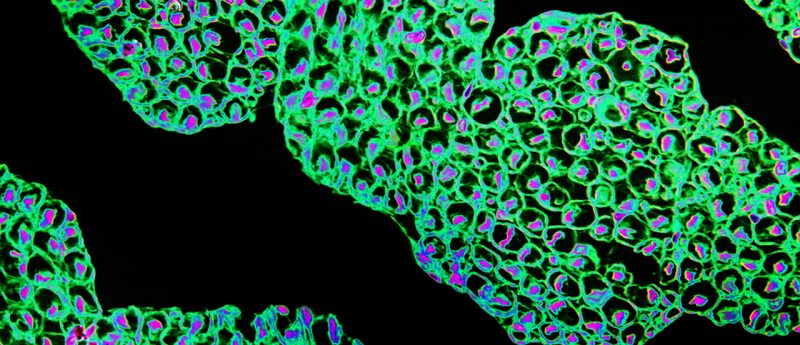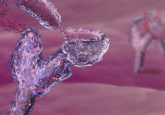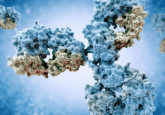Newly identified molecular mechanisms underlying multiple sclerosis could lead to alternative drug treatments

Scientists from Duke University (NC, USA) have identified the biological mechanisms underlying non-responsiveness to interferon-beta treatment for multiple sclerosis (MS) using an animal model of the disease. Interferon-beta is currently the standard treatment drug for MS; however, it has several drawbacks, including cost, side effects and lack of efficacy in some patients. These new findings have been published in Nature Neuroscience and could lead to the development of alternative drug treatments for MS patients for whom interferon-beta does not work. Mari Shinohara (Duke University), senior author of the study, outlined the findings: “The study shows a really clear molecular mechanism...





